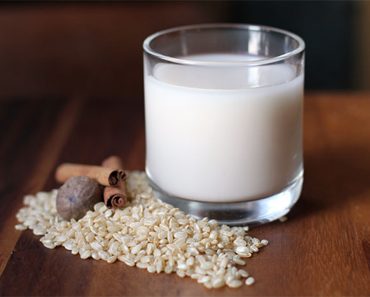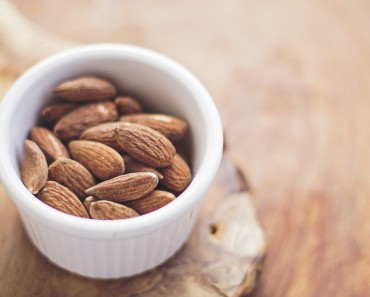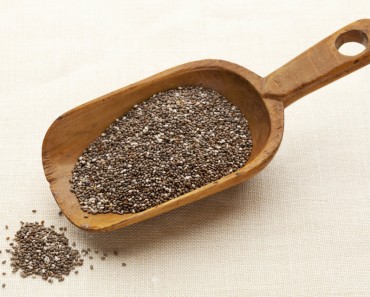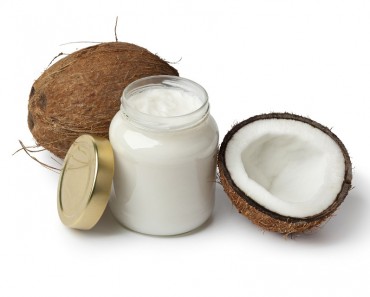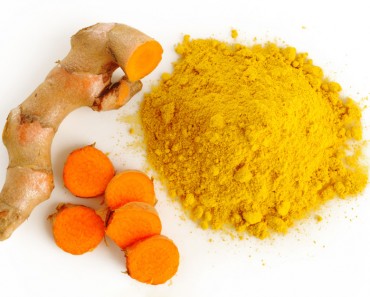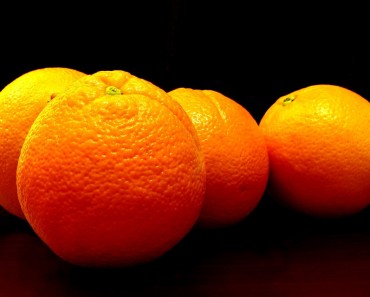Potatoes are edible plant tubers first cultivated in the Andes region of South America. Spanish explorers brought the potato in Europe from their South American expeditions in the early 16th century.
Along with the tomato and eggplant, the potato plant belongs to the nightshade family. Today potatoes are cheap and are available year-round.
One medium potato contains 164 calories, 0.2 grams of fat, 0 grams of cholesterol, 37 grams of carbohydrate, 4.7 grams of dietary fiber and 4.3 grams of protein. The same serving also meets 2% of daily calcium needs, 51% vitamin C, 9% iron, 30% vitamin B-6, 12% magnesium and 25% of potassium needs. Potatoes also contain phosphorus, niacin, folate, choline and zinc.
Potatoes have a lot of surprising health benefits:
Skin care – Vitamin-C and B-complex as well as minerals like potassium, magnesium, phosphorus and zinc are good for the skin.
Scurvy – The vitamin-C present in potatoes can help prevent this disease, caused by a deficiency of vitamin-C. The disease is characterized by cracked lip corners, spongy and bleeding gums, and frequent viral infections.
Blood pressure – Potatoes may help lower blood pressure. The fiber found in potatoes can help lower cholesterol by binding with cholesterol in the blood.
Brain functioning and nervous system health – The B6 vitamins in potatoes can maintain neurological health. Vitamin B6 helps create useful brain chemicals, including serotonin, dopamine and norepinephrine, according to the University of Maryland Medical Center. Eating potatoes may help with depression, stress and even with attention deficit hyperactivity disorder.
Digestion – One important benefit offered by potatoes is how they can help with digestion due to their high fiber content. Potatoes’ high level of carbohydrates makes them easy to digest.
Bone health – The iron, phosphorous, calcium, magnesium and zinc in potatoes contribute to the building and maintaining of bone structure and strength.




